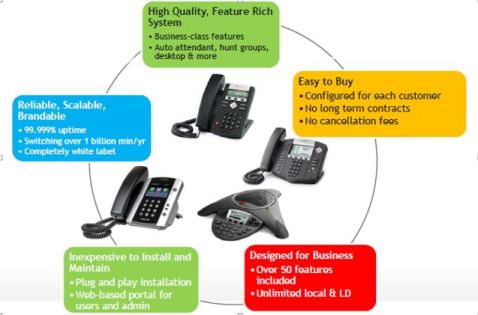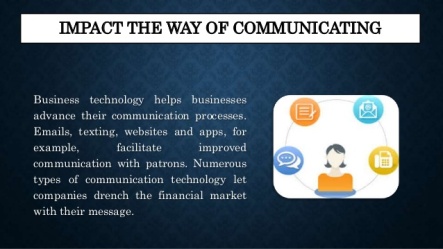The advancement in technology and Internet technology basically has made VoIP technology even more reliable and better and these two factors have contributed a lot in the popularity or use. In terms of Internet based telephone systems, two names are always shining, i.e. SIP and VoIP phone systems. Although they are different from each other, but still people or in fact, the first time buyers are a kind of confused about them. Keeping that in mind, we have come up with a describing the main differences between these technologies.
In whole, it can be said that both SIP and VoIP technology provide the foundations for IP technology and no matter which one is used, a business is surely going to get benefits out of it.
What are SIP and VoIP Technology?
- SIP or Session Initiation Protocol is a powerful and very efficient communication protocol and it can be used to send multimedia messages to multiple parties.
- With this technology, it has become possible for people from around the globe to communicate over the Internet using their computers and now, smart devices too.
- This technology is entirely different from traditional methods like PBX trunks and this means that SIP trunks can carry all forms of media including voice, data, and video.
- According to the vendors of unified communications, it is because of this reason that this technology is used more by businesses having multiple branches or offices.

VoIP Technology
- Then, we have the very advanced and very powerful VoIP technology that is a communications protocol used to send voice messages over the Internet.
- VoIP has become a very common business product and more and more companies are using it in the firm of popular apps and platforms such as Skype.
- VoIP systems run via a data network as opposed to a circuit-switched network dedicated purely to telephony.

Key Difference
In simple terms, VoIP means making or receiving phone calls over the Internet or internal networks. SIP, on the other hand, is an application layer protocol that is used to establish, modify and terminate multimedia sessions such as VoIP calls.